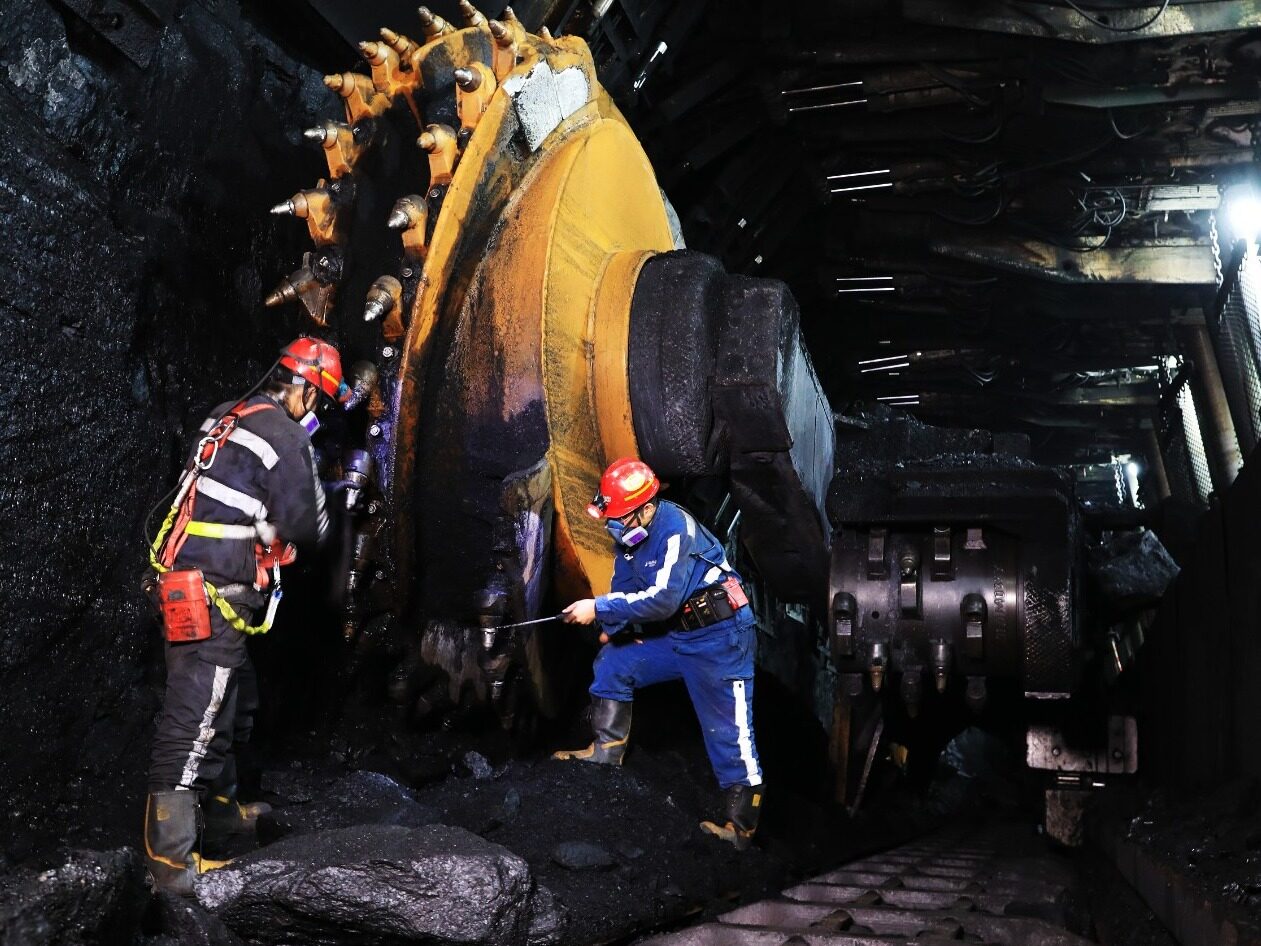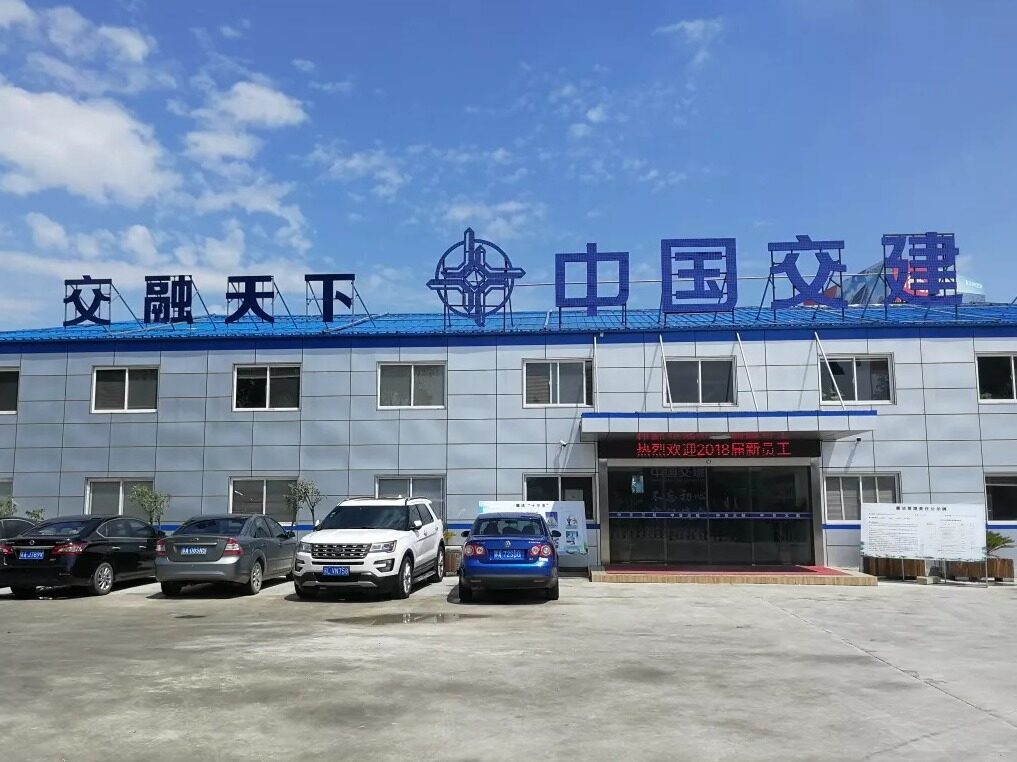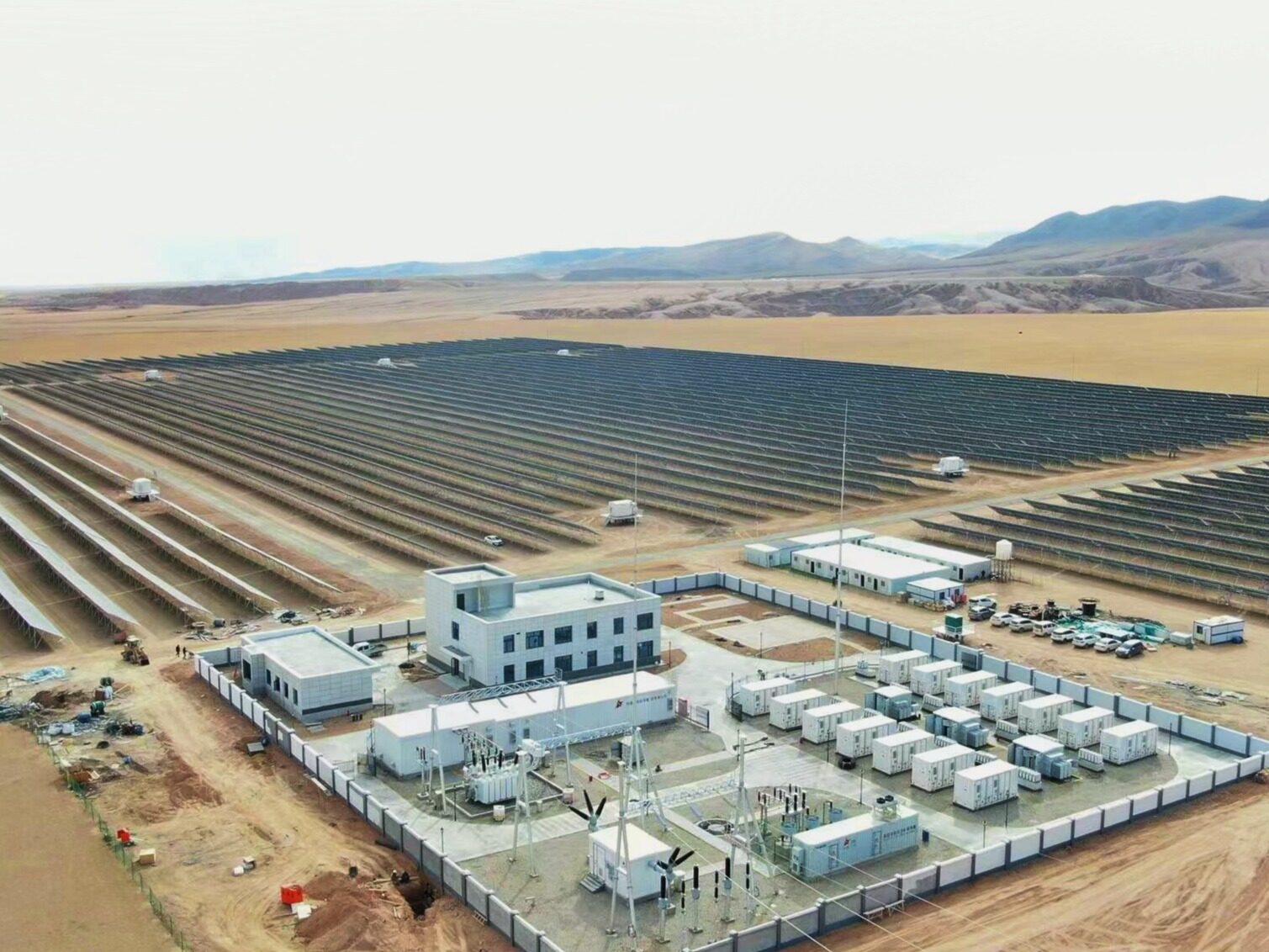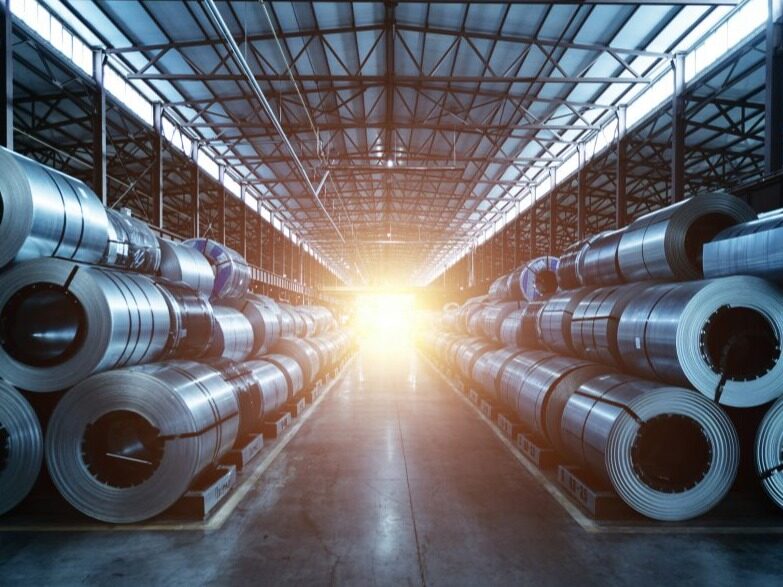- After the project is completed, the annual processing capacity will reach 5 million tons

On April 4th, China Guanzhun Energy Investment Co., Ltd. held a grand signing ceremony in Phnom Penh, Cambodia, officially launching the Sihanoukville oil refinery project. Qiao Guanjun, the Chairman of Guanzhun Energy, Tao Xiaobiao, the representative of Sinochem Second Construction Group, and Guo Yunfei, the representative of China Railway Construction Port & Shipping Bureau, jointly signed the cooperation agreement, marking that the first modern oil refinery project in Cambodia has entered a substantive promotion stage.

Project Overview: The First Large-scale Oil Refining Project in Cambodia's History
The signed oil refinery project is the first large-scale oil refining project in Cambodia's history, with a planned total investment of 3.5 billion US dollars. It is located in Sihanoukville Province, which is adjacent to the Gulf of Thailand and has excellent port conditions, making it convenient for crude oil import and refined oil export.
The designed annual processing capacity of the project is expected to reach 5 million tons, mainly producing products such as gasoline, diesel, and aviation fuel. After it is put into operation, it will meet more than 70% of Cambodia's domestic demand for refined oil products, greatly reducing the country's dependence on imported fuel (currently, Cambodia relies on imports for 90% of its oil products).
According to the agreement, Sinochem Second Construction Group will undertake the design and construction of the core process units of the oil refinery. With its rich experience in the chemical engineering field (it has constructed the Yanbu Refinery in Saudi Arabia and several ten-million-ton-level refining and chemical projects in China), it will ensure that the project meets international environmental protection and safety standards.
China Railway Construction Port & Shipping Bureau is responsible for the construction of supporting infrastructure, including docks, oil pipelines, and storage facilities. Relying on its mature cases of port projects along the Belt and Road (such as the expansion of Jakarta Port in Indonesia and the supporting projects of Gwadar Port in Pakistan), it will create an efficient logistics network.
Pooling the Advantages of Chinese Enterprises to Create a Whole Industrial Chain Ecology
As the investment entity of the project, Guanzhun Energy has been deeply involved in the Southeast Asian energy market for many years. It has laid out several energy projects in Indonesia and Vietnam and has the full-chain capability from upstream resource integration to downstream market operation.

The choice of Cambodia this time is not only due to the energy demand brought about by its rapid economic growth (Cambodia's GDP growth rate reached 6.5% in 2024, and fuel consumption increased by 12% annually), but also because of the local policy dividends. The Cambodian government provides preferential policies such as a 10-year corporate income tax exemption and zero tariffs on imported equipment to attract energy investment.
Empowering Cambodia's Energy Security and Deepening China-Cambodia Production Capacity Cooperation
For Cambodia, this project is a crucial step in its transformation from an "energy-importing country" to a "regional energy node".
Currently, the refined oil market in Cambodia is dominated by suppliers from Singapore and Thailand, with large price fluctuations and insufficient supply chain stability.
After the oil refinery is put into operation, it is expected to save Cambodia 1.5 billion US dollars in fuel import expenses every year, reducing inflationary pressure. At the same time, it will drive the development of supporting industries such as chemicals, transportation, and warehousing, forming an energy industry cluster with an annual output value of over 2 billion US dollars.
For Chinese enterprises, this is a typical practice of production capacity cooperation under the Belt and Road Initiative. Through the model of "technology export + localized operation", Guanzhun Energy is deeply integrated into the construction of Cambodia's energy infrastructure, accumulating experience for subsequent participation in Southeast Asian refining and chemical integration projects.

Sinochem Second Construction and China Railway Construction Port & Shipping Bureau will further expand their overseas engineering markets through this project and consolidate their competitiveness in the infrastructure construction field in the ASEAN region. The project will also be constructed in accordance with Chinese standards, promoting refining and chemical technology, equipment, and management experience to the international market.
Opening a New Chapter in China-Cambodia Energy Cooperation
At the signing ceremony, Qiao Guanjun said, "The project will strictly follow the principles of green and low carbon, and supporting facilities such as sulfur recovery and zero sewage discharge devices will be constructed to ensure that the environmental protection indicators are better than the ASEAN standards." Currently, the project has initiated the feasibility study and environmental impact assessment approval process. It is planned to break ground in 2026 and be put into operation in 2030.

With the deepened implementation of the China-Cambodia Free Trade Agreement (the trade volume between China and Cambodia reached 16 billion US dollars in 2022, and the proportion of energy cooperation increased to 25%), this oil refinery project will become a new benchmark for economic and trade cooperation between the two countries. It not only helps Cambodia achieve energy autonomy but also marks the transformation and upgrading of Chinese enterprises from "engineering contracting" to "investment operation", injecting stable and innovative Chinese power into the Southeast Asian energy market. (This article is from the official website of Seetao.com, www.seetao.com. No reprinting is allowed without permission. Otherwise, legal liability will be pursued. If reprinting, please indicate Seetao.com + the original text link.) Editor of the Strategic Column of Seetao.com / Yin Shiqian
Comment
 Praise
Praise
 Collect
Collect
 Comment
Comment
 Search
Search














Write something~